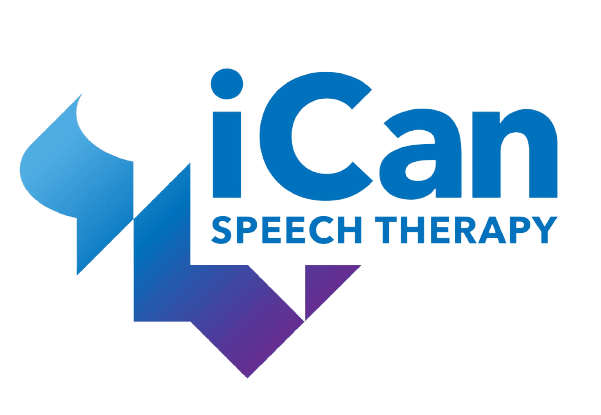
Aphasia

Aphasia is an acquired neurogenic language disorder resulting from an injury to the brain, typically the left hemisphere, that affects the functioning of core elements of the language network. Aphasia involves varying degrees of impairment in four primary areas:
- spoken language expression
- written expression
- spoken language comprehension
- reading comprehension
Intervention is designed to
- capitalize on strengths and address weaknesses related to underlying structures and functions that affect communication across partners, activities, and settings;
- facilitate the individual’s activities and participation by teaching new skills and compensatory strategies to both the individual with aphasia and their partner(s); and
- modify contextual factors that serve as barriers and enhance those that facilitate successful communication and participation—including accommodations such as large print, pictures, and aphasia-friendly formatting to support comprehension of written health materials
Treatment can be restorative (i.e., aimed at improving or restoring impaired function) and/or compensatory (i.e., aimed at compensating for deficits not amenable to retraining).
American Speech-Language-Hearing Association. (2016). Scope of practice in speech-language pathology [Scope of practice]. https://www.asha.org/policy/
Contact Information
Office location
105 Paul Mellon Ct. Suite 20, Waldorf, MD 20602Give us a call
(301) 263-7330Send us an email
[email protected]